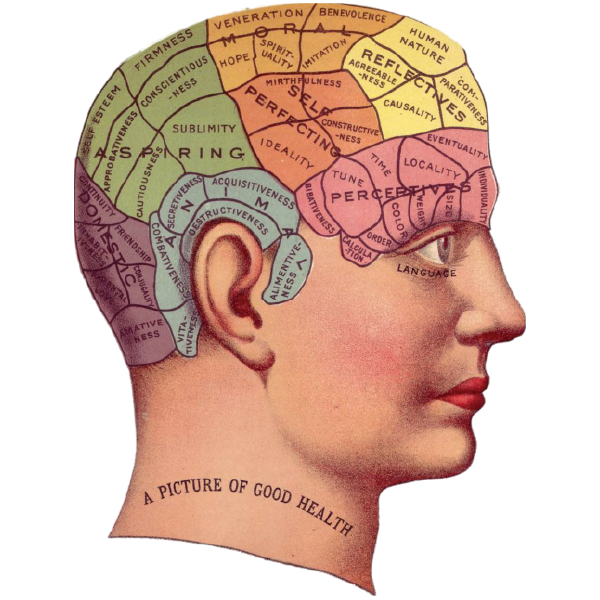Overview: Feedback loops are cause-and-effect processes within organisms and systems. Negative feedback loops serve to maintain homeostasis or equilibrium. Positive feedback loops are used to intensify or change the status of a system. Originators: Karl Ferdinand Braun (1850-1918), Henri Louis Le Chatelier (1850-1936) Keywords: homeostasis, feedback, cause-and-effect system, circuit, circle, positive feedback, negative feedback, closed […]
The Tragedy of the Commons
Summary: The Tragedy of the Commons is an economic theory that describes how people often use natural resources to their advantage without considering the good of a group or society as a whole. When a number of individuals consider only their own welfare in this manner, it leads to negative outcomes for everybody, as the natural […]
Law of Diminishing Returns
Overview: The Law of Diminishing Returns is an economic theory that describes how at a certain point, increasing labor does not yield an equally increasing amount of productivity. In other words, when the amount of input increases over time, at some point the rate of output decreases for each unit of input. Originators: Anne Robert […]
Occam’s Razor
Summary: Occam’s Razor, also known as the Law of Parsimony, is a decision-making philosophy which emphasizes the rationality of simple explanations. If a problem has two possible explanations – a simple one and a complex one – Occam’s Razor rationalizes that the simple explanation is more likely correct. Originator: William of Ockham (1287-1347) Keywords: simplicity, […]
Bronfenbrenner’s Bioecological Model of Development (Bronfenbrenner)
Bronfenbrenner’s bioecological model is a theory of educational psychology that studies human development over time. Urie Bronfenbrenner was a Russian-American developmental psychologist whose bioecological model was integral to the formation of American Headstart pre-kindergarten programs. [1] He was influenced by fellow developmental psychologist Lev Vygotsky. The model suggests the interactions between the individual and their […]
Metacognition (Flavell)
Metacognition is defined in simplest terms as “thinking about your own thinking.” The root “meta” means “beyond,” so the term refers to “beyond thinking.” Specifically, this means that it encompasses the processes of planning, tracking, and assessing your own understanding or performance. The phrase was termed by American developmental psychologist John H. Flavell in 1979, […]

Discovery Learning (Bruner)
Summary: Discovery Learning is a method of inquiry-based instruction, discovery learning believes that it is best for learners to discover facts and relationships for themselves.
Originator: Jerome Bruner (1915-)
Keywords: Inquiry-based learning, constructivism
Discovery Learning (Bruner)
Discovery learning is an inquiry-based, constructivist learning theory that takes place in problem solving situations where the learner draws on his or her own past experience and existing knowledge to discover facts and relationships and new truths to be learned. Students interact with the world by exploring and manipulating objects, wrestling with questions and controversies, or performing experiments. As a result, students may be more more likely to remember concepts and knowledge discovered on their own (in contrast to a transmissionist model). Models that are based upon discovery learning model include: guided discovery, problem-based learning, simulation-based learning, case-based learning, incidental learning, among others.
Proponents of this theory believe that discovery learning has many advantages, including:

Situated Cognition (Brown, Collins, & Duguid)
Summary: Situated cognition is the theory that people’s knowledge is embedded in the activity, context, and culture in which it was learned. It is also referred to as “situated learning.” Originators & proponents: John Seely Brown, Allan Collins, Paul Duguid Keywords: activity, authentic domain activity, authentic learning, cognitive apprenticeship, content-specific learning, context, culture, everyday learning, […]

Educational Robotics and Constructionism (Papert)
Summary: Constructionism as a learning theory emphasizes student-centered discovery learning, and educators are currently expanding its reach to the field of educational robotics in order to engage students. Originators and Key Contributors: Seymour Papert took Piaget’s theory of constructivism and adapted it into his theory of constructionism. Keywords: constructivism, constructionism, learning theory, discovery learning, educational […]

Psychological Behaviorism (Staats)
Summary: Psychological behaviorism (PB) holds that a person’s psychology can be explained through observable behavior. Originators and Key Contributors: Watson first developed behaviorism, the umbrella theory that includes psychological behaviorism, in 1912. Skinner further extended the theory with his formulation of radical behaviorism. Staats has argued recently for a psychological behaviorism that emphasizes a person’s […]